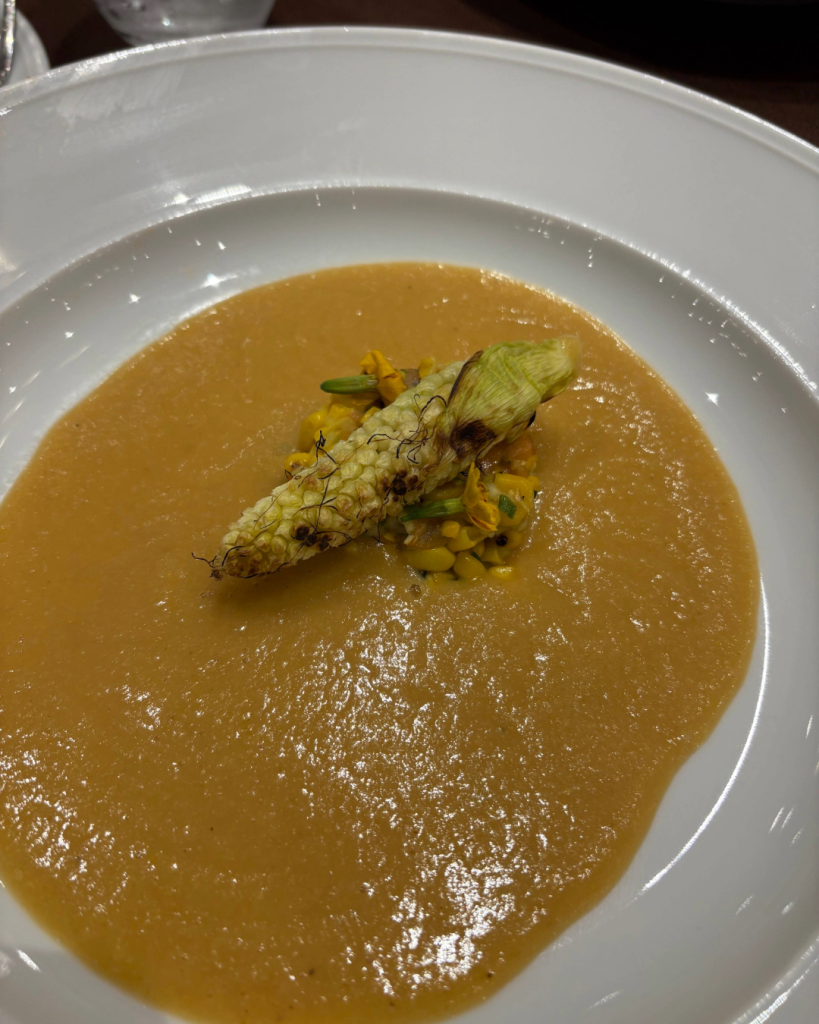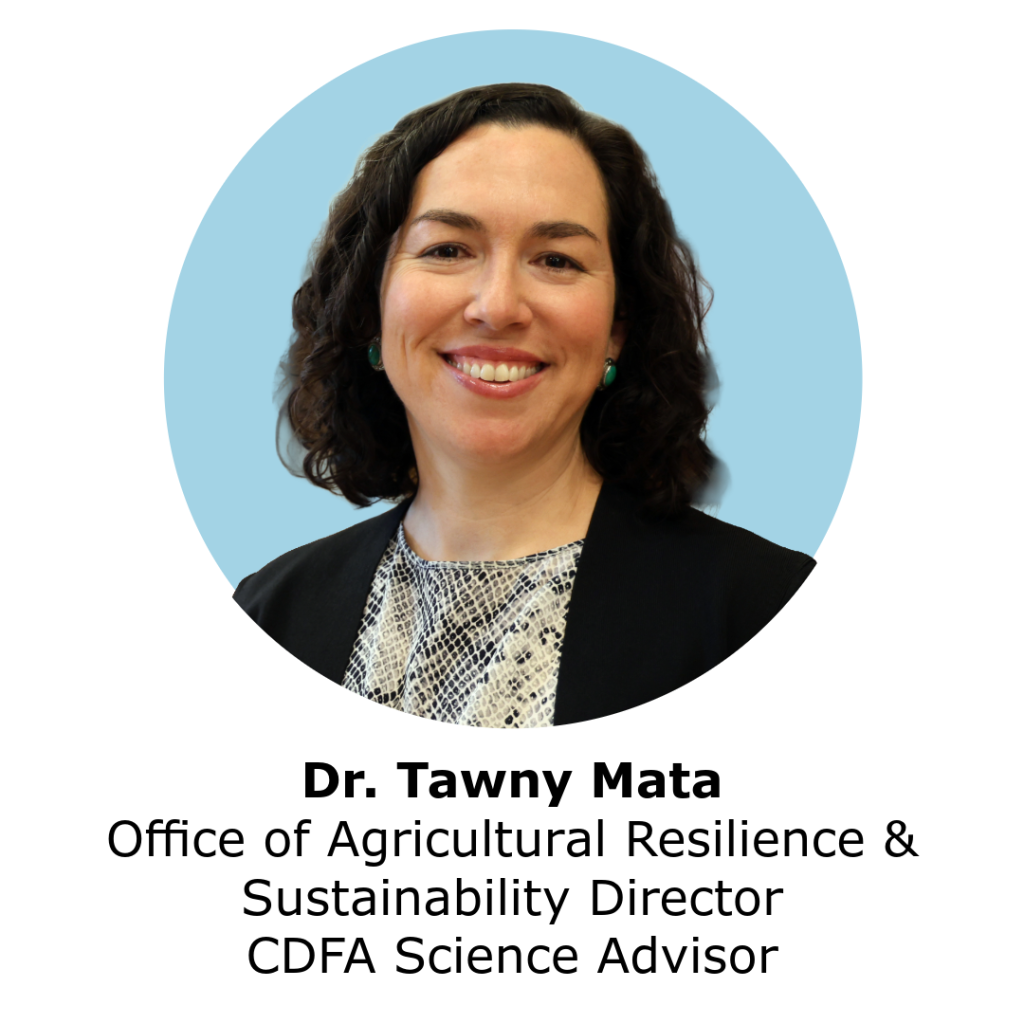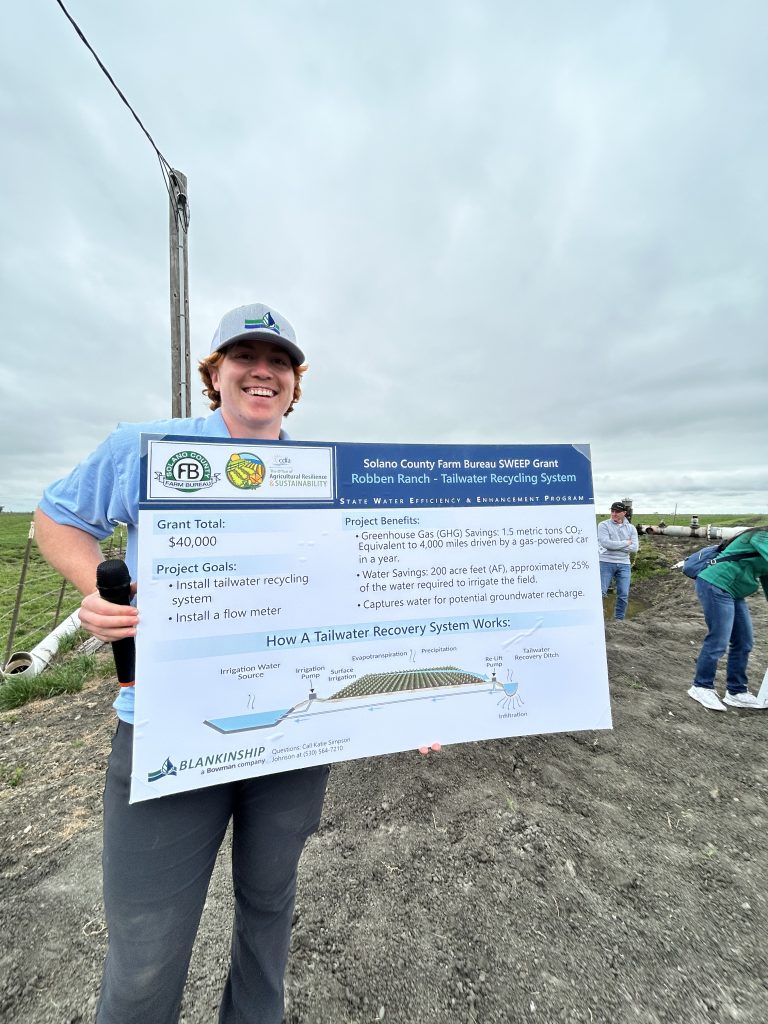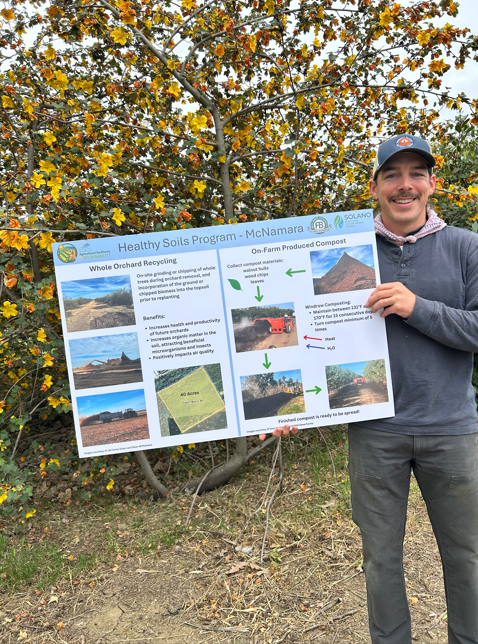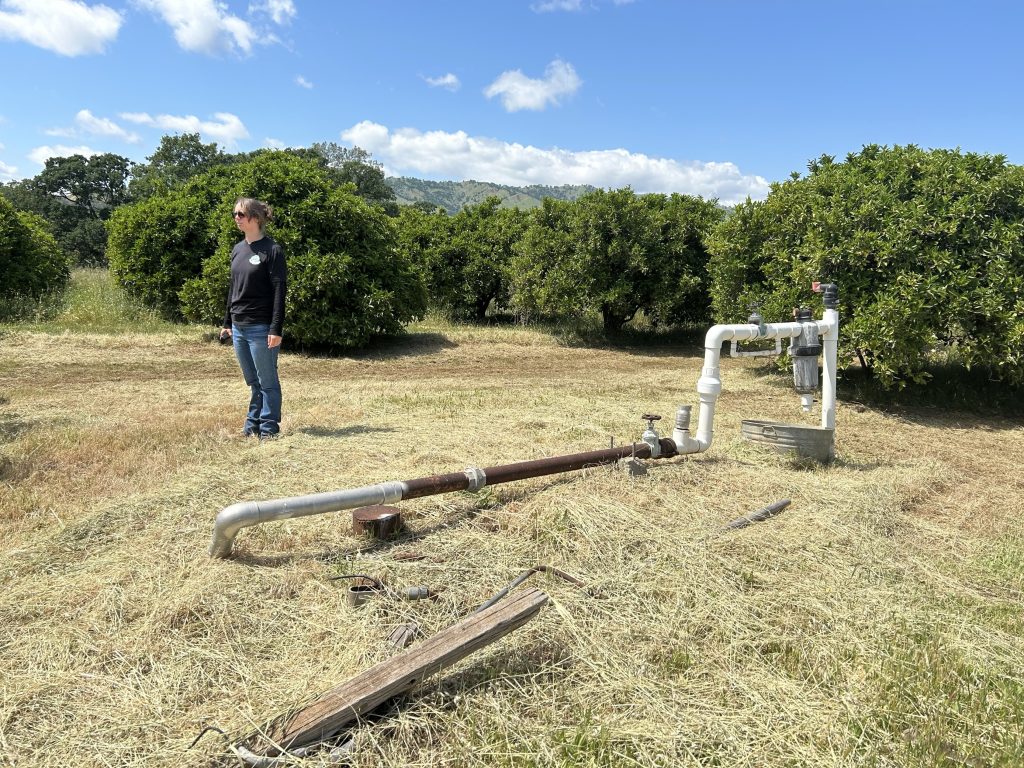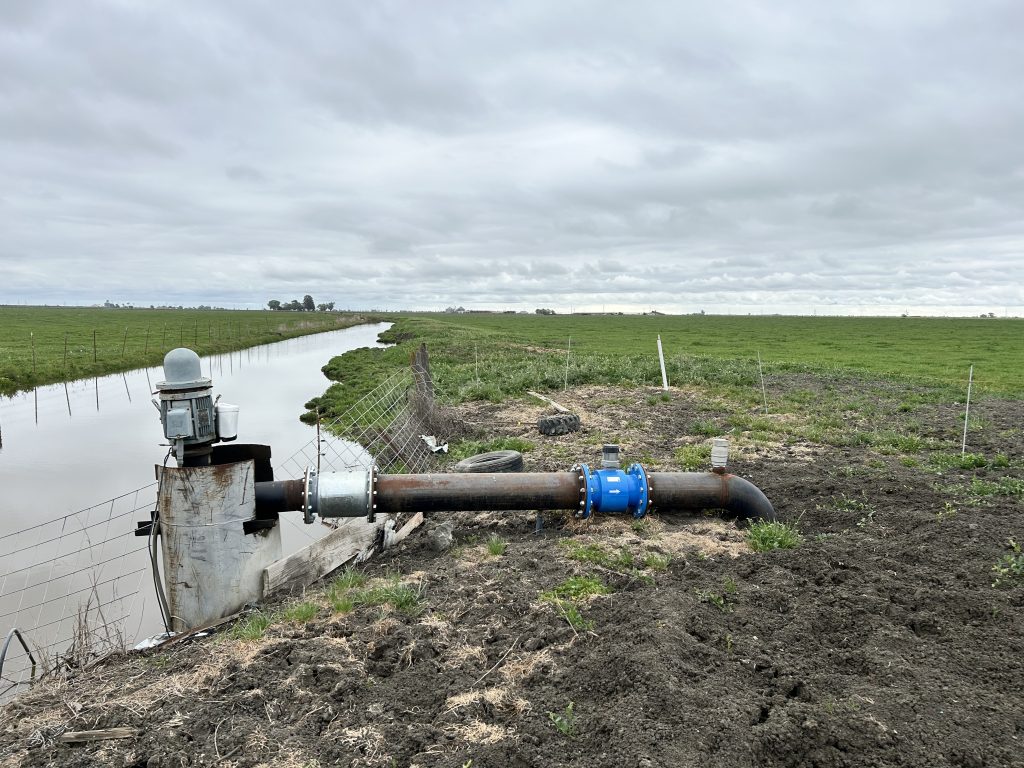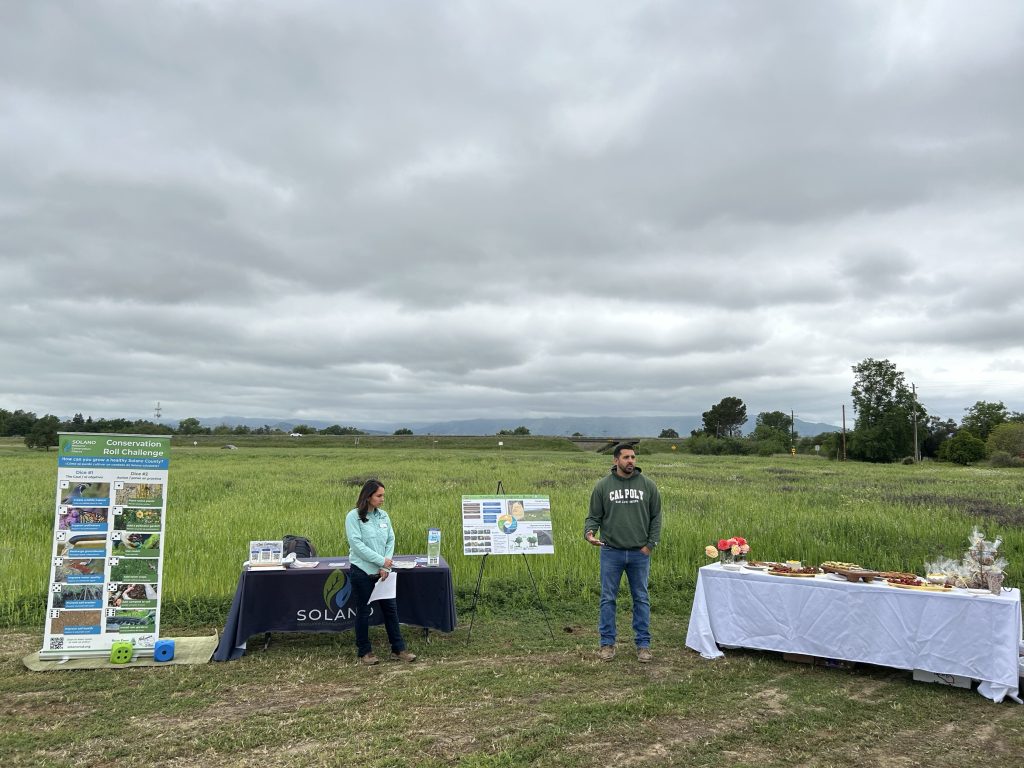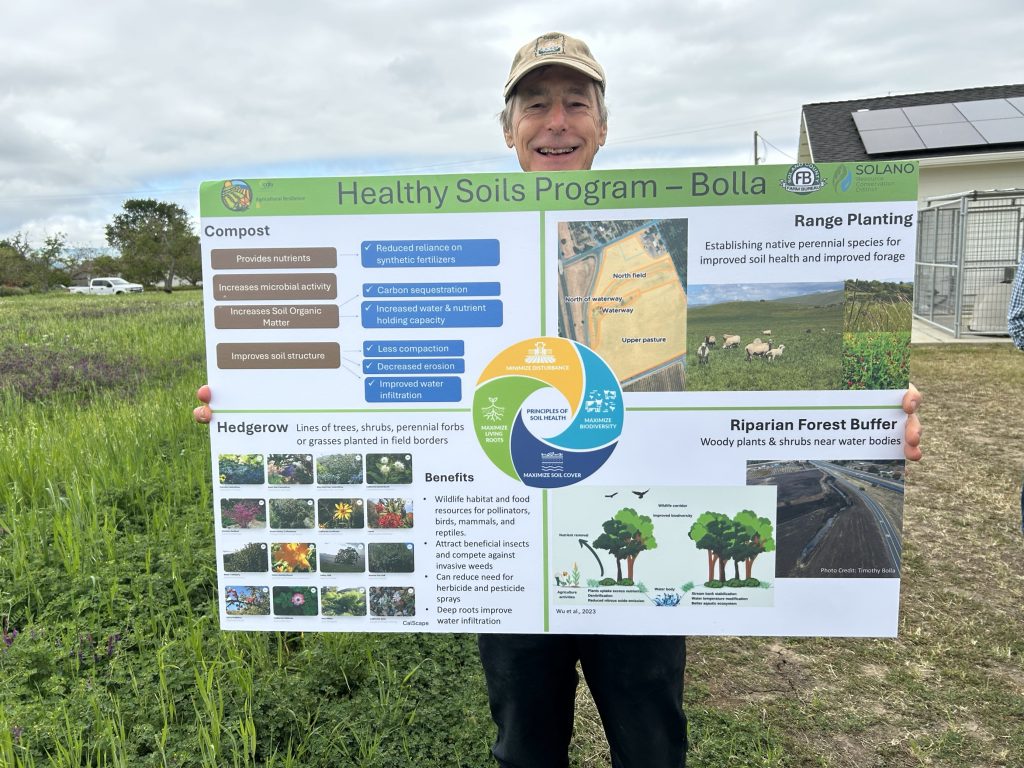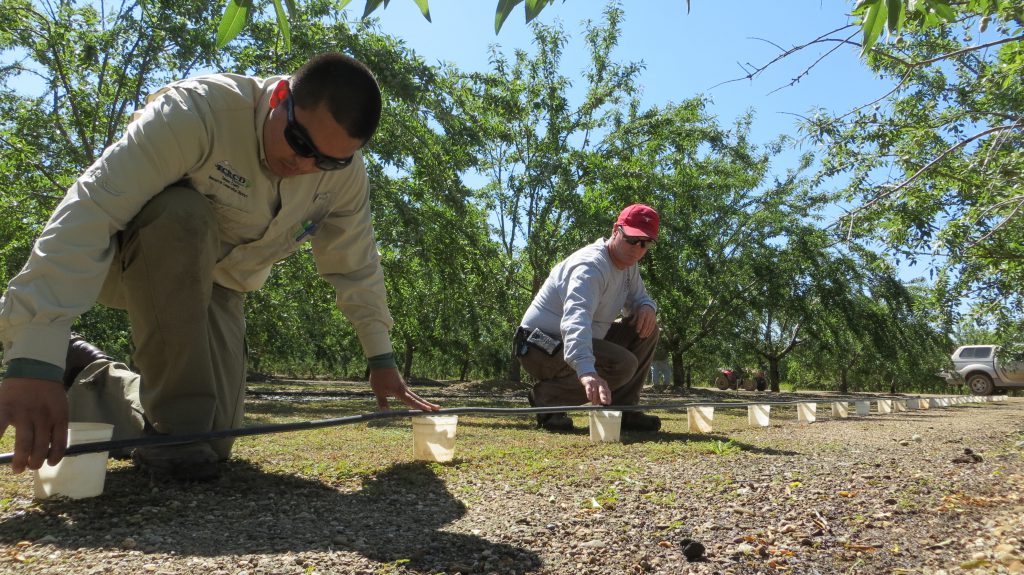In December, Steph Jamis and Guihua Chen, scientists in the Office of Agricultural Resilience and Sustainability (OARS), attended the 2025 Intertribal Agriculture Council (IAC) Annual Conference in Las Vegas, Nevada. The Intertribal Agriculture Council is an organization that represents Tribes and individual tribal producers across the nation, supporting culturally appropriate outreach. Attending the conference gives OARS an opportunity to learn about the issues that tribal agricultural producers face and consider ways that our programs can be accessible and supportive of Tribal food systems. Steph and Guihua went prepared to share information about the OARS climate-smart agriculture programs and promote the upcoming block grant solicitations for the State Water Efficiency and Enhancement Program (SWEEP) and the Healthy Soils Program (HSP).
OARS is actively identifying ways to increase the inclusion of Tribes in incentive programing. In 2024 CDFA’s Farm Equity Office published a recommendations report based upon a series of listening sessions with Tribes. One of the top recommendations was that CDFA develop tribal-specific grant application tracks within our programs. In the near future, the Healthy Soils Program team plans, through engagement and coordination with Tribes, to integrate Cultural Burning on tribal land as an HSP-incentivized practice. The IAC Annual Conference was a great place to make some initial connections related to this project.
Conference attendees enjoyed presentations on a wide variety of topics including food sovereignty and Tribal prosperity, farm to school programs, USDA financial assistance programs, enhancing Tribal water and food systems, technical assistance delivery, soil health and practical applications, women in agriculture, Tribal Ecological Knowledge in NRCS Programs, prescribed burning as a tool for Tribal land and resource management, and many more. IAC hosted Tribal regional caucuses for Tribal members to meet and discuss regional issues.
A highlight of the trip was the American Indian Foods luncheon, which featured a menu that showcased a variety of flavorful Indigenous ingredients. The menu was crafted by Chef Nephi Craig, the Founder and Director of Culinary Development at the Native American Culinary Association and Executive Chef at Café Gozhóó, in Arizona. Our team loved learning about the importance of Indigenous foods and returned from the Conference excited about future engagement with Tribes.

